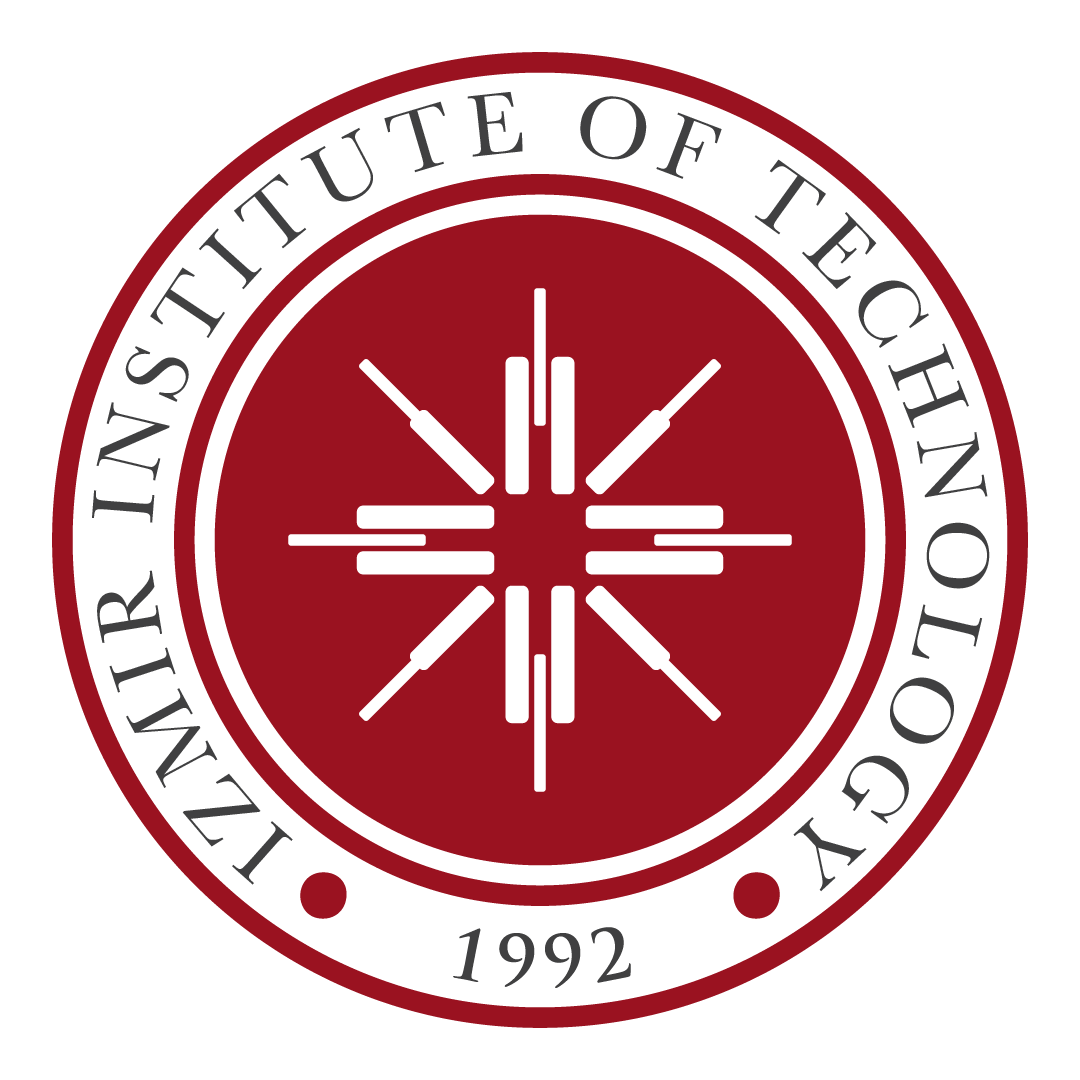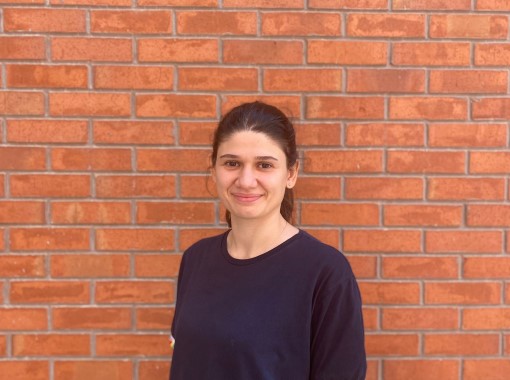CENG 322
Operating Systems
Classification and structure of operating systems. Storage media, memory management and dynamic storage strategies. Scheduling algorithms. I/O and interrupt structures. Protection and security. Queueing and network control models. System software: Linkers, loaders, assemblers, translators and programming environments. Case studies of existing operating systems and implementation of operating system modules.
Learning Outcomes:
- To be able to learn principles of operating systems.
- To be able to analyze and identify corresponding problems for the platforms including operating systems.
- To able to compare different solution methods for problems of operating system and select the most appropriate one.
| Topics |
|
An Overview to Operating Systems, Introduction and Basic Concepts
|
| Processes and Process Management |
| Threads and Processes |
| Interprocess Communication |
| Processes Synchronization |
| Deadlocks |
| Midterm |
| Memory Management |
| Virtual Memory Management |
| Uniprocessor Scheduling |
| Multiprocessor Systems and Scheduling |
| File Systems |
| I/O Systems |
| Disk Management |






